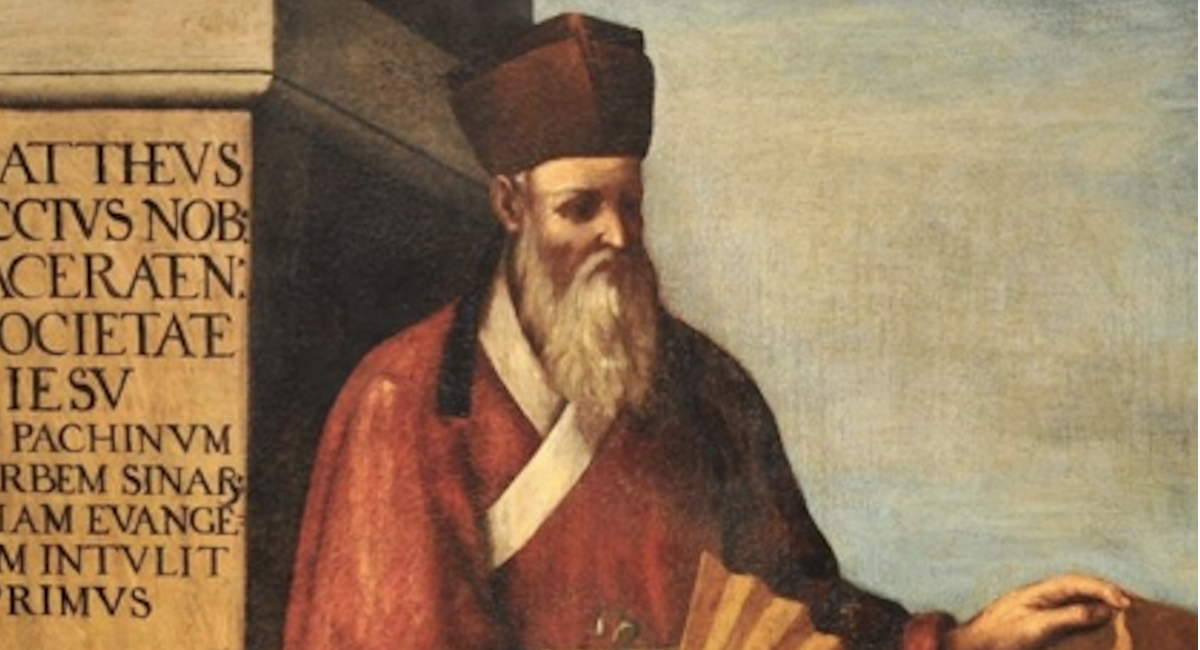 On his 86th birthday on 17 December, Pope Francis signed a decree recognising the “heroic virtues” of Jesuit Matteo Ricci, the first stage in a process of beatification.
On his 86th birthday on 17 December, Pope Francis signed a decree recognising the “heroic virtues” of Jesuit Matteo Ricci, the first stage in a process of beatification.
During an audience with Cardinal Marcello Semeraro, Prefect of the Dicastery for the Causes of Saints, the Pope authorised the proclamation of decrees concerning 10 Servants of God, who will be beatified and known as “blessed”, and 14 holy men and women, including Fr Ricci and Spanish Jesuit brother, José Marcos Figueroa, recognised as Servants of God and declared “venerable”.
Born in Macerata, Italy in 1552, Matteo Ricci is one of the founding figures of the Jesuit China Mission, as it existed in the 17th and 18th centuries. He spent almost three decades evangelising, absorbing Chinese culture, and bringing Western science to China. His scientific acumen, cross-cultural dialogue, and friendship won the trust and admiration of the Ming Dynasty Emperor Wanli.
Fr Ricci died in 1610 in Beijing, where he is buried in Zhalan Cemetery, on the grounds of what is still the Communist Party School, now known as the Beijing Administrative College. He is said to be the first foreign missionary to be buried in China. Previously, all foreign missionaries who died in China could only be buried in Macao.
Matteo Ricci’s sainthood cause was first opened in 1982 but it was not until 2013 when it advanced to the Congregation for Saints’ Causes at the Vatican. Bishop Claudio Giuliodori, apostolic administrator of the Diocese of Macerata, had restarted the sainthood process in 2010, 400 years after Matteo Ricci’s death.
Pope Francis’ proclamation of Matteo Ricci as venerable is seen as an important gift to the Church in China and its 12 million members. He acknowledged him as one of the Church’s great missionaries and the Apostle of China. When the Pope spoke before a delegation from the University of Macerata in May this year, he described Matteo Ricci as “a man of encounters, who went beyond being a foreigner and became a citizen of the world”.
The Pope said that Fr Ricci was “among the first to establish a bridge of friendship between China and the West, implementing a still valid model of inculturation of the Christian message in the Chinese world”.
The Jesuits in China continue in the footsteps of Matteo Ricci in building friendship and understanding among peoples. Reconciliation is a key element of their work and serving the Chinese people is an apostolic priority of the Jesuit Conference of Asia Pacific.
Related story: Matteo Ricci, missionary of inculturation

